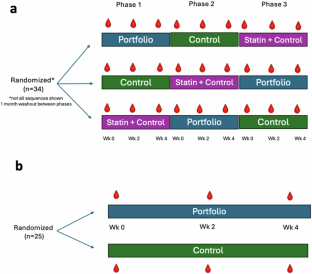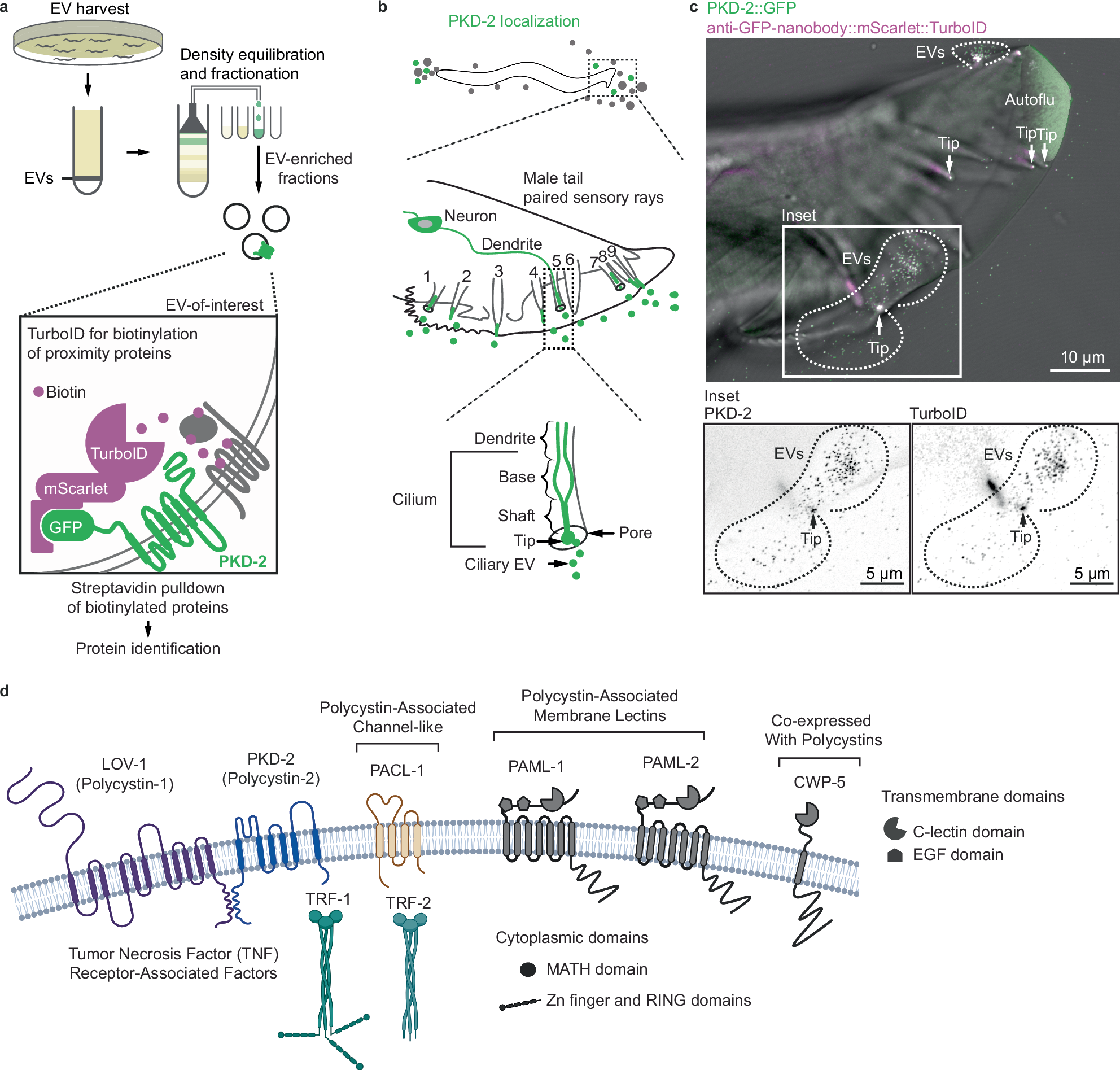2025-04-30 ニューヨーク大学(NYU)
<関連情報>
- https://www.nyu.edu/about/news-publications/news/2025/april/blood-plasma-may-offer-reliable-insights-for-evaluating-diets.html
- https://www.nature.com/articles/s41430-025-01625-x
コレステロールを低下させる植物ベースの食事のメタボロームプロファイリング(2つのランダム化比較給餌試験から Metabolomic profiling of a cholesterol lowering plant-based diet from two randomized controlled feeding trials
Andrea J. Glenn,Anne-Julie Tessier,Meaghan E. Kavanagh,Gloria A. Morgan,Clary B. Clish,Jordi Salas-Salvado,Vasanti S. Malik,Anthony J. Hanley,Richard P. Bazinet,Elena M. Comelli,Ahmed El-Sohemy,Simin Liu,Beatrice A. Boucher,Cyril W. C. Kendall,David J. A. Jenkins,Frank B. Hu & John L. Sievenpiper
European Journal of Clinical Nutrition Published:22 April 2025
DOI:https://doi.org/10.1038/s41430-025-01625-x

Abstract
Background
Objective biomarkers of diet, such as metabolomics, may improve dietary assessment and provide additional insight into how diet influences disease risk. The portfolio diet, a cholesterol-lowering plant-based diet, is recommended for lowering low-density lipoprotein cholesterol (LDL-C). This diet is low in saturated fat and includes nuts, plant protein (legumes), viscous fiber, and phytosterols.
Objective
We examined metabolomic profiles in response to the portfolio diet in two randomized controlled trials (RCTs), where all foods were provided to the participants, compared to a control vegetarian diet and the same control diet with a statin.
Methods
The first RCT included 34 adults (age 58.4 ± 8.6 y) and the second RCT included 25 adults (age 61.0 ± 9.6 y), all with high LDL-C (>4.1 mmol/L). Plasma samples were obtained at baseline, week 2, and week 4 in both RCTs for metabolomics analysis using liquid chromatography–tandem mass spectrometry. Linear mixed models were used to examine effects of the interventions on the metabolites in each RCT, applying a Bonferroni correction.
Results
Of 496 known metabolites, 145 and 63 metabolites significantly changed within the portfolio diet interventions in the first and second RCT, respectively. The majority were glycerophosphocholines (32%), triacylglycerols (20%), glycerophosphoethanolamines (14%), sphingomyelins (8%), and amino acids and peptides (8%) in the first RCT, and glycerophosphocholines (48%), glycerophosphoethanolamines (17%), and amino acids and peptides (8%) in the second RCT. Fifty-two metabolites were consistently changed in the same direction with the portfolio diet intervention across both RCTs, after Bonferroni correction.
Conclusions
Many of these metabolites likely reflect the plant-based nature, low saturated fat content, and cholesterol-lowering effects of the diet, such as increased N2-acetylornithine, L-pipecolic acid, lenticin, and decreased C18:0 lipids and cholesteryl esters. Further research is needed to validate these metabolites as biomarkers of a plant-based dietary pattern.


